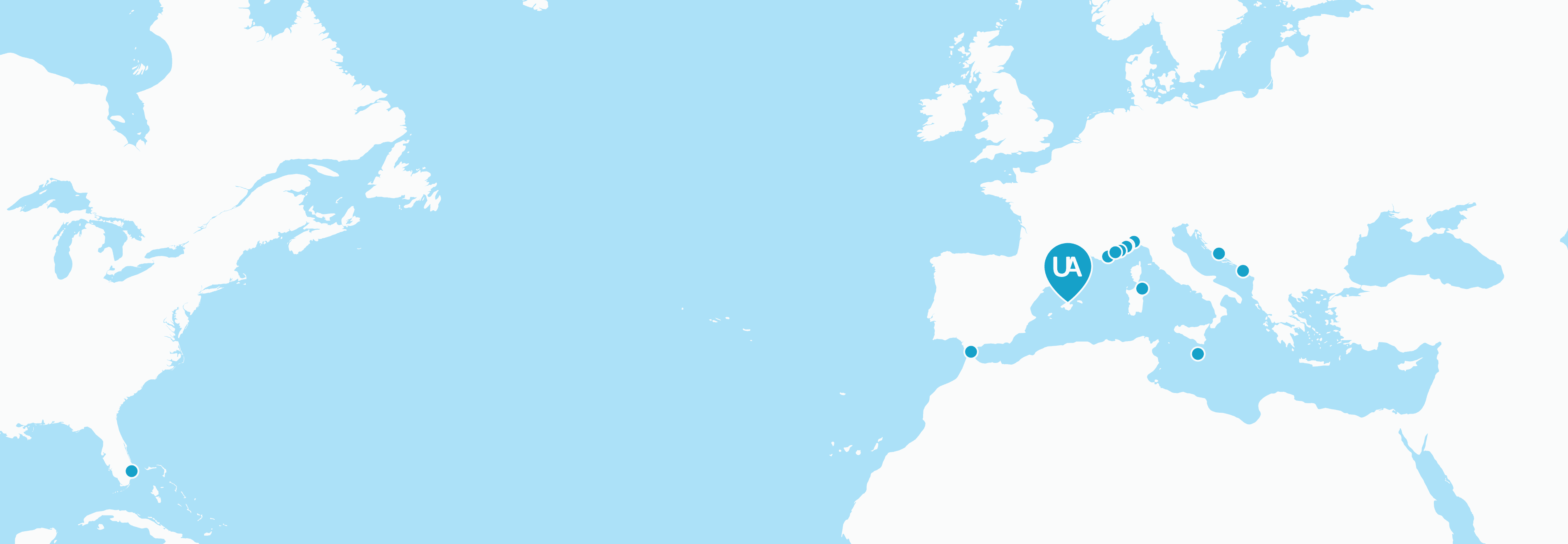25th Mar 2019
What can yacht crew do about South Africa’s Tax Change?
If you’re from South Africa, it would not have escaped your attention that the South African Revenue Service (SARS) has declared plans, destined to come in effect from March 2020, to implement a tax for South Africans working abroad.
If you fit this demographic, the new legislation could see you paying 45% of your earnings over ZAR1 million ($69,514, £53,234m, €61,838) to the South African government.
Will the tax changes affect you?
There will be a budget in Feb 2020 before implementing the new measures but, given South Africa’s economic status, and both the Treasury and SARS scrabbling for additional income, most financial professionals consider these changes inevitable.
Given that, it’s probably a good idea to review the impact these changes may have:
- Are you an ordinary resident of South Africa with income earned overseas and an annual income of ZAR 1 Million or more?
- Do you pay taxes overseas that are lower than what you would normally pay to the SARS?
- Have you permanently left, or are not ordinarily resident in, South Africa but have not formalised your tax status with South Africa by following the formal SARS ‘Financial Emigration’ process?
- Having left South Africa, have you not taken steps to make sure your tax affairs are kept up to date?
- Are you a normally a tax-exempt young person under the ‘foreign earnings exemption*’ travelling and working abroad, who’s annual earnings now exceed ZAR 1 Million?
If you’ve answered ‘yes’ to any of these questions you may be affected by the South African tax changes.
Does this apply to income from savings, dividends and capital gains?
To the chagrin of many South Africans, the foreign employment income tax exemption has only ever applied to earnings. The exemption has never applied to other income sources like overseas dividends, interest, and capital gains.
You should also bear in mind that following the SARS formal Financial Emigration process doesn’t only focus on earned income and does require a complete declaration of your tax affairs.
International pensions and offshore investment bonds can play a part in deferring tax liability and reducing the maximum effective tax rate to 18% on profits, but we strongly advise taking quality advice before embarking on any course of investment.
What should you do now?
Our earlier post about Tax Smart Solutions for South African Yacht crew details four potential solutions
- Head in the sand
- Pay your tax in South Africa
- Financial Emigration
- The Tax Smart Solution
We strongly recommend reading this post and downloading both the Tax Smart Solutions FAQ and the Personal Guide to SA Tax Changes.
If you’d like to learn more, please email me at oliver.maher@unitedadvisersgroup.com or send me a message via our Facebook page.
*section 10(1)(o)(ii) of the Income Tax Act 1962



